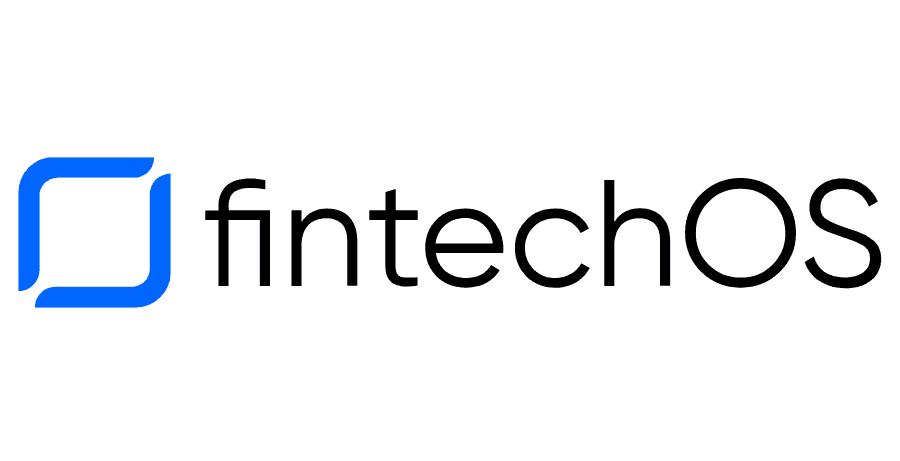MPE 2026 - Europe’s Home for Merchant Payments
- 18.12.2025 11:15 am
Open Banking Expo Canada Reveals First Wave of...
- 17.12.2025 10:45 am
Frankfurt Digital Finance #7 & European Fintech...
- 16.12.2025 08:25 am
New Study Reveals the Blueprint for European Digital...
- 25.11.2025 01:10 pm
Payment and Identification Markets in 2025: Navigating...
- 25.11.2025 09:20 am
WFIS 2025 – Indonesia: Countdown to the Nation’s Most...
- 24.11.2025 08:45 am
FinTech Connect 2025: Final Call to Register for the...
- 21.11.2025 09:05 am
FinovateEurope 2026: Where Senior Leaders Gather to...
- 10.11.2025 03:25 pm
MPE 2026 – Europe’s Home for Merchant Payments
- 06.11.2025 02:45 pm
The 3rd Fintech Week & Expo 2026 Heads to...
- 03.11.2025 11:55 am
Money20/20 USA 2025 Closes with a Future-Ready Fintech...
- 31.10.2025 08:45 am
Five Rising Fintech Stars Take Center Stage at Money20...
- 30.10.2025 06:45 am






















